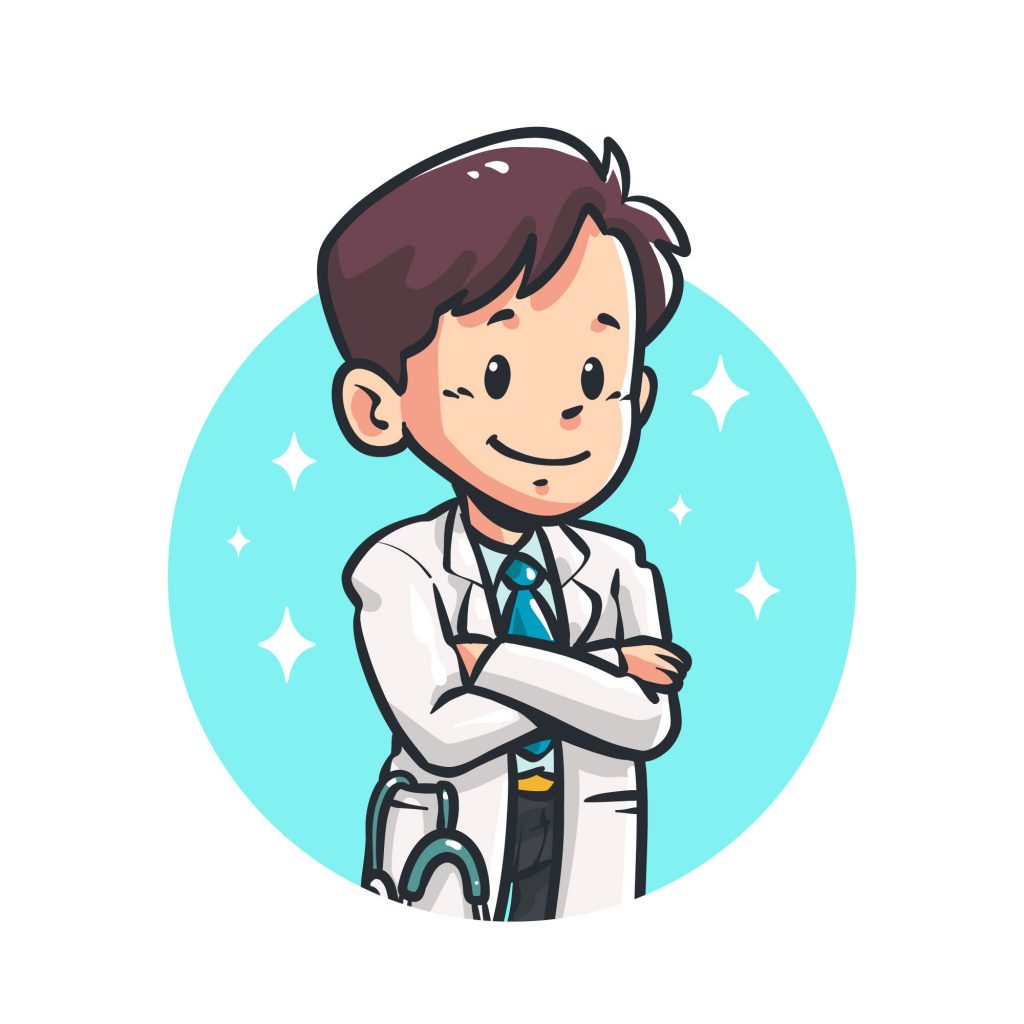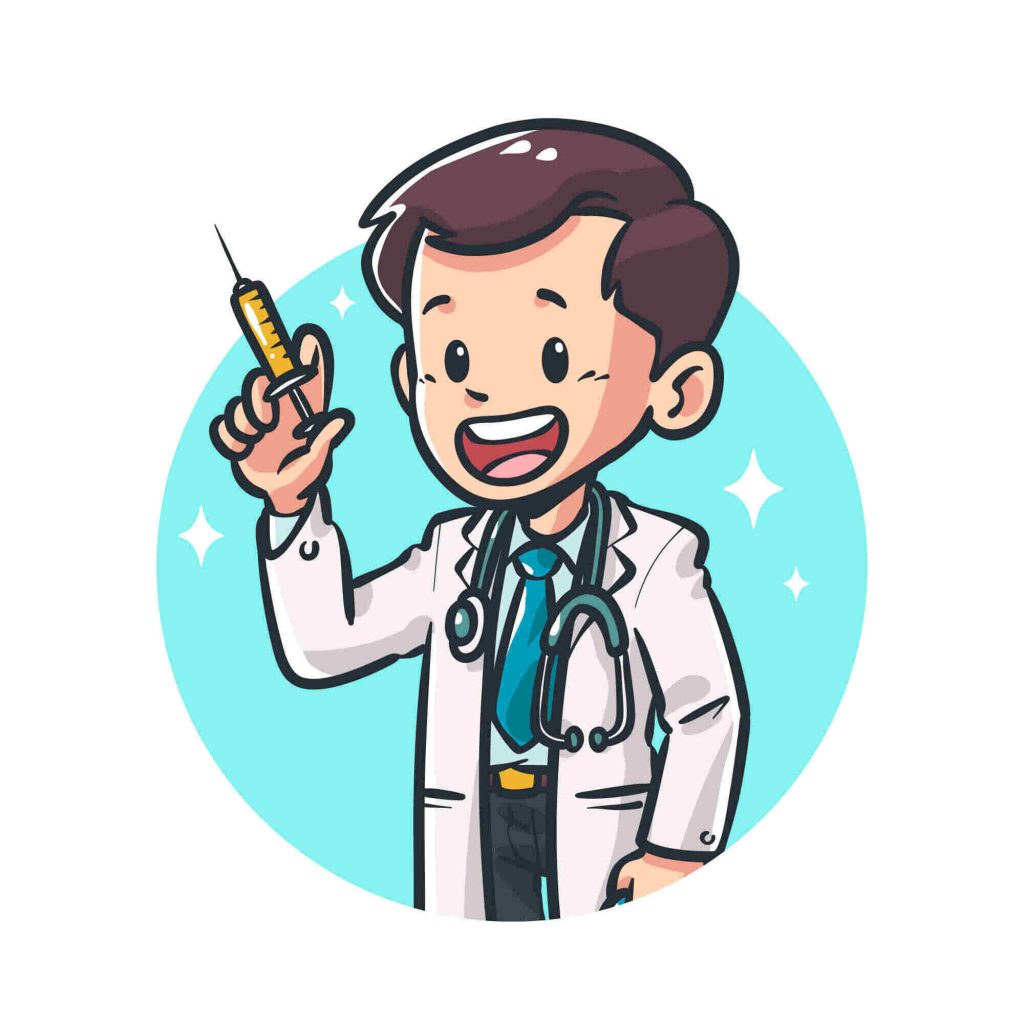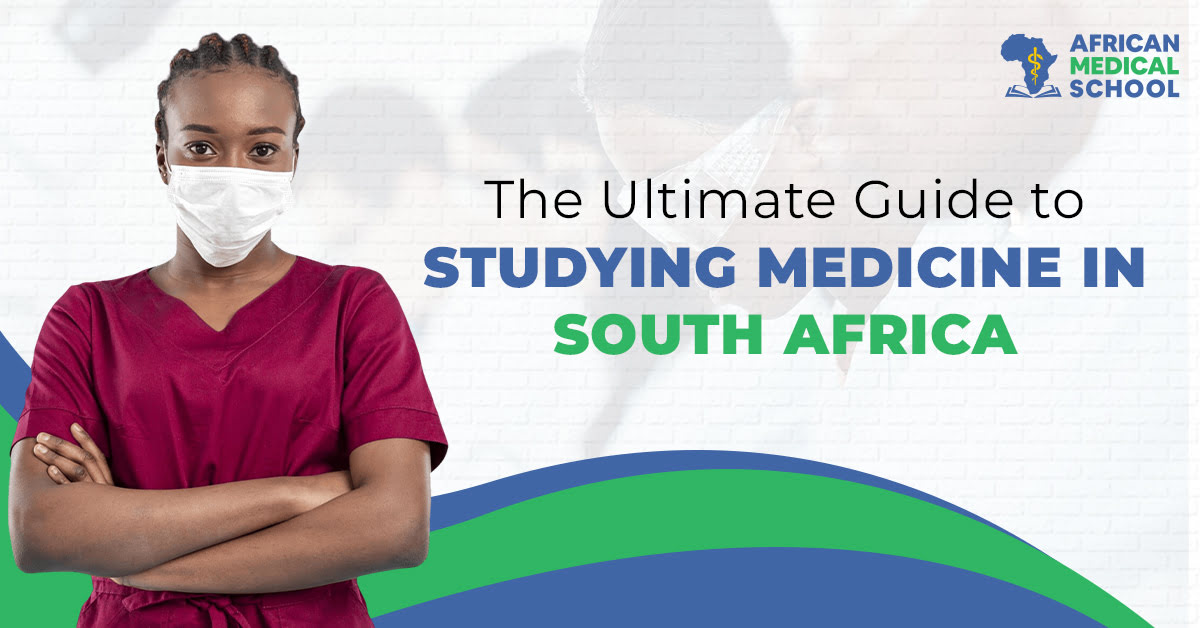|
|
Blog Summary
- Introduction
- Benefits of Studying Medicine in South Africa
- Requirements for Med School Admission
- Medical Degree Programs in South Africa
- Choosing the Right Medical School
- Career Prospects for Medical Graduates
- Life as a Medical Student in South Africa
- Guidance for International Students in South Africa
- Conclusion
- FAQ
Introduction
Studying medicine in South Africa offers aspiring medical professionals a unique and enriching experience. South Africa, located in the southern part of Africa, has a lot to offer with its beautiful landscapes, diverse population, and rich culture. It’s not just known for its natural beauty but is also becoming a popular place for people worldwide to study medicine. The country has excellent healthcare facilities and top-notch medical schools, making it a great choice for students who dream of becoming doctors.
Whether you are a local South African student or an international applicant, this comprehensive guide will be your compass in navigating the exciting world of medical education in South Africa.
Benefits of Studying Medicine in South Africa
When considering the benefits of studying medicine in South Africa, it is essential to recognize the significance of education within the country. Consequently, South Africa boasts an impressive literacy rate of approximately 94%, ranking among the highest in the world. This commitment to education ensures that medical students in South Africa receive a solid academic foundation and access to a wealth of knowledge. One remarkable advantage of pursuing a medical education in South Africa is the affordability of tuition fees. The cost of education can vary depending on factors such as the type of university (public vs. private), the study level (Bachelor’s, Master’s, PhD), and the chosen discipline (Engineering, Medicine, Humanities, etc.).

South Africa offers a high-quality medical education system, affordability, and the chance to explore its stunning landscapes. With a strong commitment to education, low tuition fees, and a captivating environment, South Africa is a prime destination for those aspiring to study medicine. South Africa’s commitment to education, affordable tuition fees, and high-quality medical education system make it a prime destination for aspiring medical professionals, solidifying its reputation as home to some of the best medical universities in Africa.
Requirements for Med School Admission
The Academic Requirements for medical school in South Africa vary depending on the university. You need to have completed courses in Mathematics, Physical Science, and Life Science at a certain level of proficiency, typically called “Level 4.” You need at least 60% in your Home Language. A National Senior Certificate (NSC) with at least 70%. You should also take the National Benchmark Test (NBT). The National Benchmark Tests (NBTs) are examinations given to first-year candidates at institutes of higher learning.
The grades you need to get into medical school in South Africa can differ depending on the school, but usually, they want a GPA between 3.5 and 4.0. A GPA of 3.5 is seen as good, and a GPA of 4.0 is considered excellent. In addition to the academic prerequisites, medical schools in South Africa also assume other factors when making admissions decisions, such as extracurricular activities, work experience, and letters of recommendation.
Medical Degree Programs in South Africa
South Africa offers a variety of medical degree programs, including the Bachelor of Medicine and Bachelor of Surgery (MBChB), the Doctor of Medicine (MD), and the Master of Medicine (MMed). The most common medical degree in South Africa is the MBChB. This is a five-year program that combines classroom instruction with clinical rotations. The MBChB is accredited by the South African Council for Health Professions Education (SACHPE), and medical boards worldwide recognize it.
The MMed is a postgraduate degree offered by medical schools in South Africa. This program is designed for doctors who want to specialize in a particular area of medicine, such as pediatrics, surgery, or internal medicine.
The Bachelor of Pharmacy (BPharm) and Bachelor of Dental Surgery (BDS) programs usually last for five years. These programs are for students who want to become pharmacists or dentists. They teach you all the essential things you need to know in these fields. Choosing a medical degree program in South Africa should align with your career aspirations and interests. While the MBChB program is a widely recognized and respected choice, exploring other options is crucial, considering factors such as program duration, specialization, and long-term goals.
Choosing the Right Medical School
Choosing the right medical school is an important decision that will significantly impact your future career. There are many factors to consider, such as the school’s location, reputation, and curriculum. The location of the medical school is an important factor to consider, as it will affect your cost of living, access to clinical rotations, and social life. Another important thing to consider is the curriculum.
Medical schools teach things differently and focus on different medical subjects. Consider whether what they teach matches what you want and how you like to learn. Some schools might have special extra classes you can choose from, or they might let you study in other countries, making your education more interesting.
Top Medical Schools in South Africa
- University of Cape Town
- Texila American University (TAU)
- University of Witwatersrand
- Stellenbosch University
- University of KwaZulu Natal
- University of the Free State
- University of Limpopo
These institutions are well-regarded for their medical programs and contribute significantly to the field of healthcare education in South Africa. TAU offers high-quality medical education that is also affordable, making it accessible to a wide range of students. TAU attracts students from over 18 countries, creating a multicultural learning environment that promotes cross-cultural understanding and collaboration. In our latest blog post, Top 5 Best Medical Schools in South Africa 2023 we highlight the well-regarded institutions contributing significantly to healthcare education in South Africa.
Career Prospects for Medical Graduates
South Africa has a significant lack of doctors, with less than one doctor to treat 1,000 patients. This shortage of doctors has created a number of opportunities for medical graduates. There is a high demand for doctors in all areas of medicine, including primary care, specialty care, and research. South Africa offers medical graduates a wide range of specializations and career paths. From family medicine and surgery to pediatrics and psychiatry, you can tailor your career to align with your interests and skills. African Medical Schools is your go-to resource for connecting prospective medical students with the best medical universities in Africa. Our aim is to provide comprehensive information on the top medical schools in the region, ensuring aspiring doctors are well-prepared for the high demand and rewarding career prospects awaiting them in Africa.

According to recent statistics, over 90% of medical graduates secure employment within a year. This reflects the demand for doctors and the trust that healthcare institutions place in South African medical education. With such impressive employment rates, pursuing a medical career in South Africa is an innovative and rewarding choice. The average salary of doctors in South Africa is R700,000, equivalent to approximately US$37,000 annually. However, the salary can vary depending on the doctor’s specialization, experience, and location.
Life as a Medical Student in South Africa
Daily Life of a Medical Student: Life as a medical student in South Africa is a journey filled with dedication, challenges, and profound rewards. Early mornings, lectures, and practical sessions at hospitals or clinics characterize the life of a medical student in South Africa. Each day is packed with extensive studying, as medical students must grasp complex medical concepts, memorize various medical terminology, and stay up-to-date with the latest research.
Maintaining Work-Life Balance: Maintaining a work-life balance as a medical student is crucial for physical and mental well-being. It’s essential to prioritize self-care, even in the midst of demanding schedules. Time management and effective study techniques help maximize productivity, allowing students to find pockets of free time for relaxation and socializing. Engaging in hobbies, exercising, and seeking peer and mentor support can significantly reduce stress.
Guidance for International Students in South Africa
First and foremost, let us talk about guidance. Arriving in a foreign country can be daunting, but South Africa is known for its warm hospitality and friendliness. Seek out support and orientation programs offered by your university, as they often provide crucial information about academics, campus life, and local resources. Additionally, connect with fellow international students who have already experienced the transition – they can offer practical insights and emotional support, making you feel right at home.
Understanding the visa requirements for South Africa is paramount. Ensure you have all the necessary documents and apply well in advance. The visa requirements for international students vary depending on your nationality. More information is on the South African Department of Home Affairs website.
Conclusion
South Africa provides a golden opportunity for those with a passion for medicine. Its high-quality education, diverse culture, and affordability make it an ideal destination for aspiring medical professionals. Whether you are a local student or an international applicant, the doors to South African medical schools are open. Now that you’re armed with this comprehensive guide take the next step towards your medical dreams. Explore world-class institutions, consider your career goals, and seize the chance to make a difference in healthcare. Your journey towards becoming a doctor in South Africa awaits!



23 Comments. Leave new
What you’ve written here is an invitation — to pause, reflect, and appreciate the deeper currents beneath the surface.
https://xmc.pl
Understanding the visa requirements for South Africa is paramount. Ensure you have all the necessary documents and apply well in Accident-and-Health-or-Sickness-Producer Exam Dumps. The visa requirements for international students vary depending on your nationality. More information is on the South African Department of Home Affairs website.
Your article helped me a lot, is there any more related content? Thanks!
Thank you for your sharing. I am worried that I lack creative ideas. It is your article that makes me full of hope. Thank you. But, I have a question, can you help me?
Your article helped me a lot, is there any more related content? Thanks! https://accounts.binance.com/register-person?ref=IHJUI7TF
xoso66app is my go-to for a quick flutter. The app is smooth and easy to use. Haven’t had any issues so far. Give it a whirl: xoso66app
Yo, b9games has been keeping me entertained! Seriously, a lot of options to choose from. Check it out, might find your next addiction b9games.
Adult webplatforms bieden een verscheidenheid aan video’s voor volwassen entertainment.
Kies voor veilige pornosites voor een veilige ervaring.
My blog post … buy xanax without prescrition
Việc của bet thủ là chỉ cần đặt cược con số may mắn mà mình dự đoán sẽ trúng với số tiền cược hợp lý. Hệ thống tiến hành quay thưởng và cập nhật ngay sau đó, tỷ lệ thưởng mariacosbel.com có thể lên tới 1 ăn 99. TONY12-24
Càng tham gia lâu dài và tích cực, người tham gia sẽ càng được hưởng những ưu đãi lớn hơn. link 188v Các thành viên VIP của nhà cái thường nhận được phần quà đặc biệt, tỷ lệ hoàn tiền cao hơn, cả những ưu đãi cá nhân hóa như quản lý tài khoản riêng, hỗ trợ ưu tiên cùng nhiều quyền lợi khác. TONY12-26
For on-the-go gaming, tt88apk is pretty solid. Easy to download and works great on my phone. Worth checking out if you like playing mobile! tt88apk
Just downloading the app from 88betapps and it seems to work smoothly, but haven’t fully looked into it as of yet. This helps if you want a mobile option for 88bet. If you want to use it, check it out 88betapps.
Thinking about trying out MM99slot. I’m really hoping there are some progressive games. Learn more here: mm99slot
I don’t think the title of your article matches the content lol. Just kidding, mainly because I had some doubts after reading the article. https://accounts.binance.com/register-person?ref=IHJUI7TF
Can you be more specific about the content of your article? After reading it, I still have some doubts. Hope you can help me.
Juanbingo, not the flashiest site, but you can’t go wrong with a good bingo game. Always decent prizes. Time to try juanbingo.
Hey everyone! I’ve been playing around on phpgames31, and it’s got some interesting stuff. A little bit of everything, really. Give it a browse and see if anything catches your eye. phpgames31
Just tried jlcclogin and it was a breeze to sign up Now I can finally get into my account without any hassle Check it out here jlcclogin
https://t.me/s/pov_1win
Your point of view caught my eye and was very interesting. Thanks. I have a question for you. https://accounts.binance.info/uk-UA/register?ref=XZNNWTW7
Your article helped me a lot, is there any more related content? Thanks!
I don’t think the title of your article matches the content lol. Just kidding, mainly because I had some doubts after reading the article. https://accounts.binance.com/es/register-person?ref=RQUR4BEO
Your article helped me a lot, is there any more related content? Thanks! https://accounts.binance.com/it/register-person?ref=P9L9FQKY